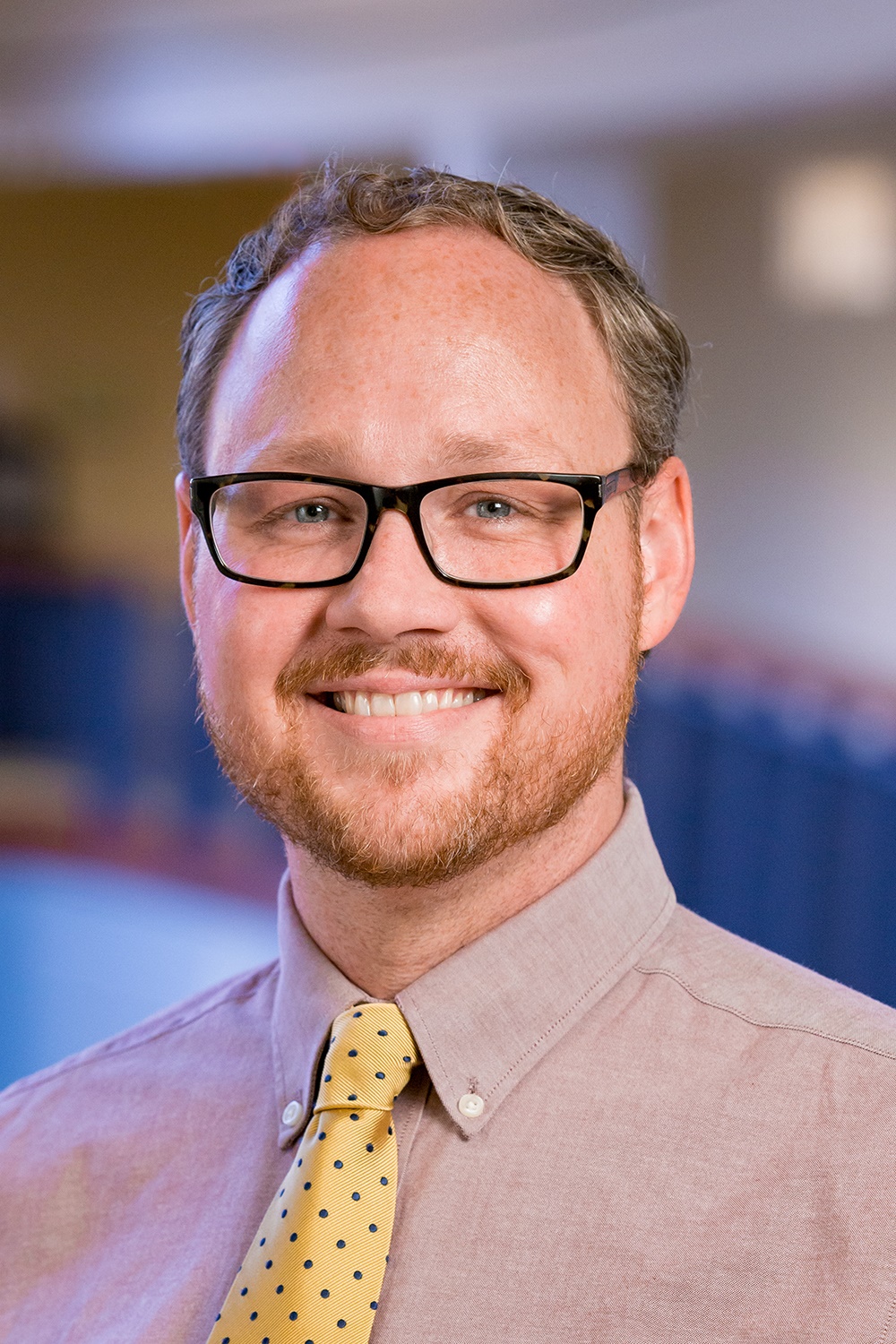Back
Addictions
The Acceptability of Non-Abstinence Treatment Goals Among Clinical Social Workers in the United States
Saturday, November 12, 2022
1:15 PM – 2:15 PM
Location: Poster 16

Yitong Xin, MSW, MBA, LSW
Graduate Research Associate
The Ohio State University, Ohio, United States
Alan Davis, PhD
Assistant Professor
The Ohio State University, United States
Presenter(s)
Co-Presenter(s)
Overview: We examined whether acceptability of non-abstinence varied as a function of a client’s severity of SUD diagnosis (severe vs. moderate), finality of outcome goal (intermediate vs. final), and type of substance, and the influence of national drug policies on their practice, among clinical social workers in the United States.Proposal text:
Background: In the United States (US), approximately 21 million people are diagnosed with a substance use disorder (SUD); however, only 11% of individuals obtain treatment. One reason is individuals who struggle with SUD are often unable or unwilling to abstain from substance use, which is the prescribed goal in many SUD treatment facilities. However, research on acceptability of non-abstinence goals has focused primarily on addiction counselors and lacks representation of clinical social workers. Also, although evidence supports non-abstinence as a viable alternative to abstinence-based treatment, many social workers find it unacceptable. This could be due to influence of national drug policies on social work (SW) practice.
Methods: This study employed a mixed-methods study design examining perceptions of non-abstinence treatment goals among clinical social workers in the US who specialize in SUD treatment. We examined whether acceptability of non-abstinence varied as a function of a client’s severity of SUD diagnosis (severe vs. moderate), finality of outcome goal (intermediate vs. final), and type of substance (e.g., alcohol, cannabis) among clinical social workers in the US. A series of one-way repeated measure ANOVAs, Pearson Correlations, and independent samples t-tests were used in the study for quantitative data analysis. The study included two open-ended questions to explore whether illegality of drugs impacts beliefs about non-abstinence, and whether participants viewed the discrepancy between SW values (self-determination) and national drug policy interferes with practice. A content analysis was used to develop and assign participants’ responses to a list of themes. In total, we surveyed a geographically representative sample of 309 clinical social workers (Mean age=48.9[SD=14.4]; Female=76%; Caucasian=87%; Mean years practicing=14.6).
Results: First, for tobacco, alcohol and cannabis use, most social workers (51%-84%) rated non-abstinence as an acceptable goal regardless of finality of the outcome goal for clients with a moderate SUD; but smaller proportions rated non-abstinence acceptable for clients with severe SUD regardless of drug type or finality of the goal. Higher ratings of acceptability of non-abstinence were significantly associated with younger age and lower drug use stigma. Second, regarding whether illegality of drugs impacts beliefs about non-abstinence, 46% of utterances reflected that there was little/no influence. However, 34% reflected drug scheduling criteria need re-evaluation because they are outdated and lack supportive scientific evidence. Additionally, 21% reflected extra consideration is needed regarding legal problems when planning treatment goals and 19% reflected that drug policies negatively affect treatment outcomes. Regarding whether participants viewed the discrepancy between SW values and national drug policy interferes with practice, 93% of utterances reflected the discrepancy had no influence on practice because they follow SW values over policy. Additionally, 29% reflected it creates challenges in balancing opposing factors (e.g., self-determination versus harms on others) and 23% asserted it disrupts treatment progress.
Conclusions: Supporting clients who pursue non-abstinence is consistent with the values of the SW profession (e.g., self-determination, social justice). Thus, SW education and training programs should bolster understanding SUD recovery can take multiple pathways, should be self-directed and empowering, and may be defined in terms of improved health and wellness.
Background: In the United States (US), approximately 21 million people are diagnosed with a substance use disorder (SUD); however, only 11% of individuals obtain treatment. One reason is individuals who struggle with SUD are often unable or unwilling to abstain from substance use, which is the prescribed goal in many SUD treatment facilities. However, research on acceptability of non-abstinence goals has focused primarily on addiction counselors and lacks representation of clinical social workers. Also, although evidence supports non-abstinence as a viable alternative to abstinence-based treatment, many social workers find it unacceptable. This could be due to influence of national drug policies on social work (SW) practice.
Methods: This study employed a mixed-methods study design examining perceptions of non-abstinence treatment goals among clinical social workers in the US who specialize in SUD treatment. We examined whether acceptability of non-abstinence varied as a function of a client’s severity of SUD diagnosis (severe vs. moderate), finality of outcome goal (intermediate vs. final), and type of substance (e.g., alcohol, cannabis) among clinical social workers in the US. A series of one-way repeated measure ANOVAs, Pearson Correlations, and independent samples t-tests were used in the study for quantitative data analysis. The study included two open-ended questions to explore whether illegality of drugs impacts beliefs about non-abstinence, and whether participants viewed the discrepancy between SW values (self-determination) and national drug policy interferes with practice. A content analysis was used to develop and assign participants’ responses to a list of themes. In total, we surveyed a geographically representative sample of 309 clinical social workers (Mean age=48.9[SD=14.4]; Female=76%; Caucasian=87%; Mean years practicing=14.6).
Results: First, for tobacco, alcohol and cannabis use, most social workers (51%-84%) rated non-abstinence as an acceptable goal regardless of finality of the outcome goal for clients with a moderate SUD; but smaller proportions rated non-abstinence acceptable for clients with severe SUD regardless of drug type or finality of the goal. Higher ratings of acceptability of non-abstinence were significantly associated with younger age and lower drug use stigma. Second, regarding whether illegality of drugs impacts beliefs about non-abstinence, 46% of utterances reflected that there was little/no influence. However, 34% reflected drug scheduling criteria need re-evaluation because they are outdated and lack supportive scientific evidence. Additionally, 21% reflected extra consideration is needed regarding legal problems when planning treatment goals and 19% reflected that drug policies negatively affect treatment outcomes. Regarding whether participants viewed the discrepancy between SW values and national drug policy interferes with practice, 93% of utterances reflected the discrepancy had no influence on practice because they follow SW values over policy. Additionally, 29% reflected it creates challenges in balancing opposing factors (e.g., self-determination versus harms on others) and 23% asserted it disrupts treatment progress.
Conclusions: Supporting clients who pursue non-abstinence is consistent with the values of the SW profession (e.g., self-determination, social justice). Thus, SW education and training programs should bolster understanding SUD recovery can take multiple pathways, should be self-directed and empowering, and may be defined in terms of improved health and wellness.
